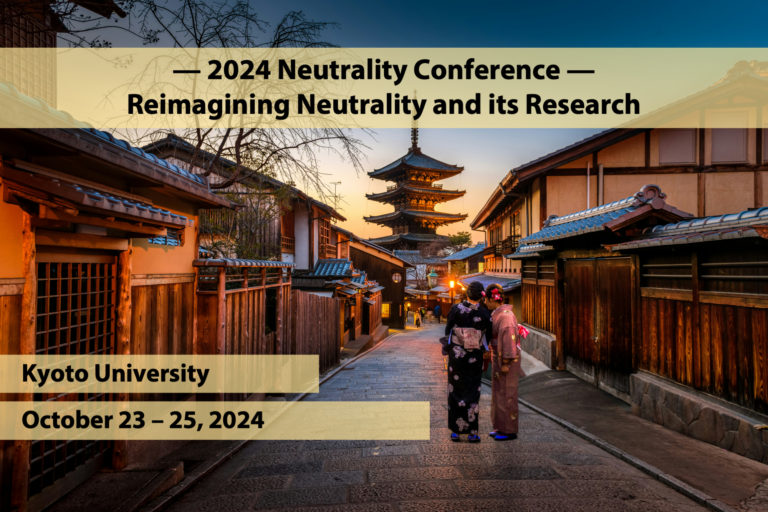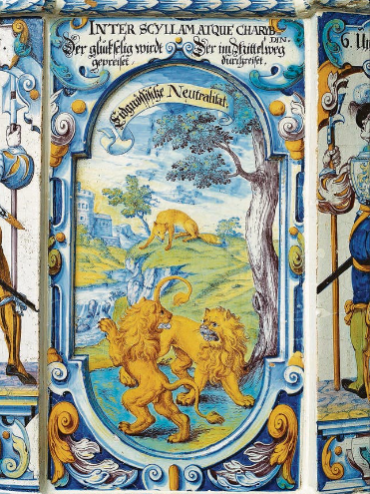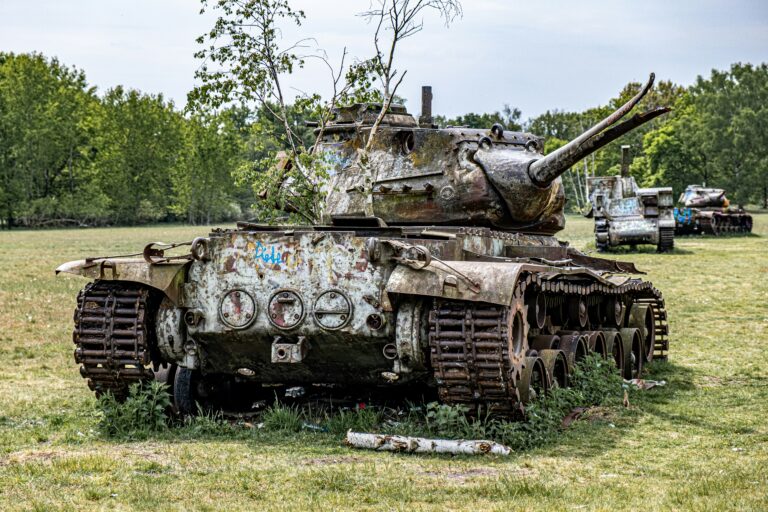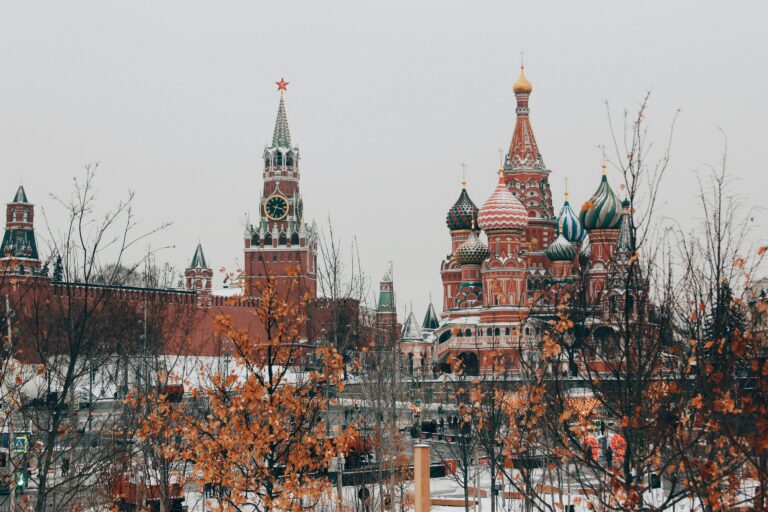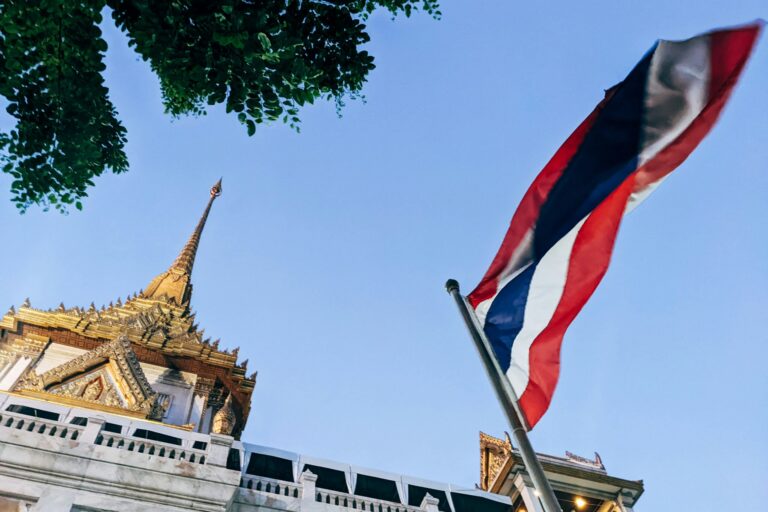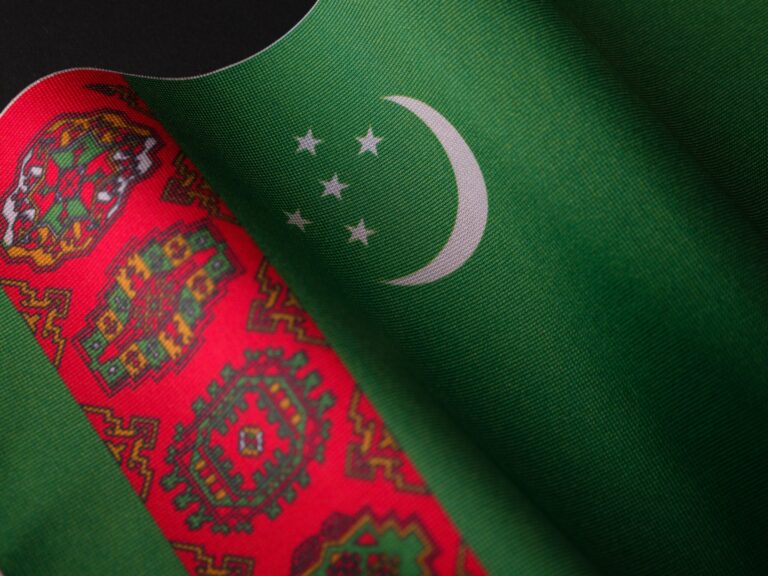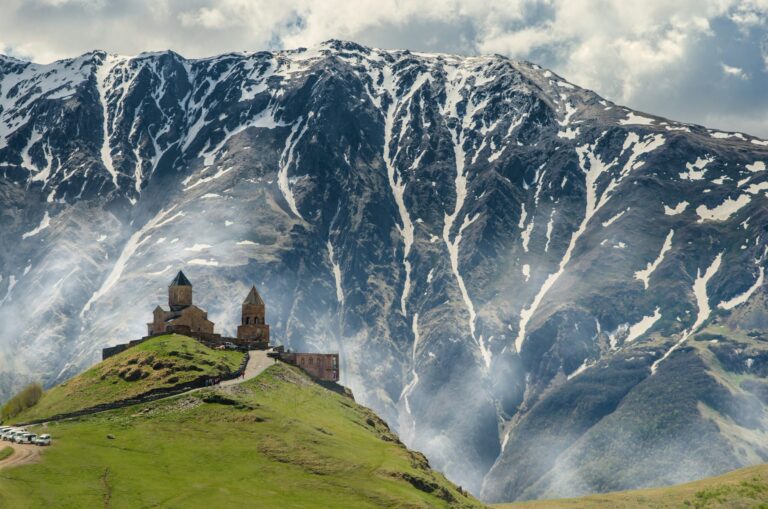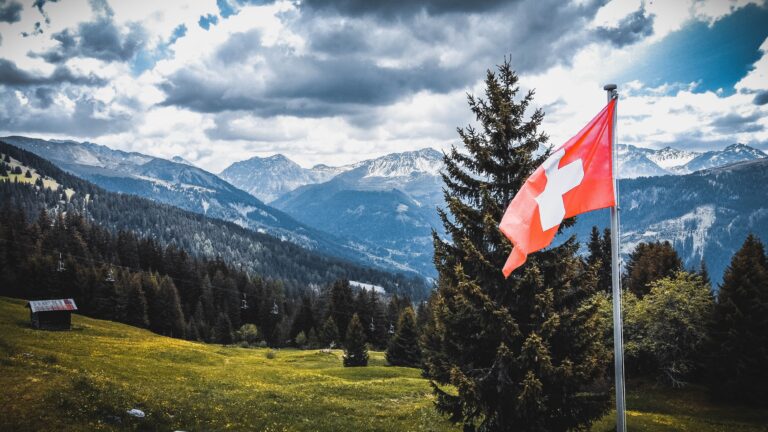Reimagining Neutrality and its Research
2024 International Academic Conference Kyoto University & OnlineOctober 23 – 25, 2024 Program The definitiv program for the conference is available now. It consists of 13 panels that are all open for online participation (audience). Please access the program homepage and sign up through the zoom links provided inside each panel. Theme Neutrality is an age-old…

